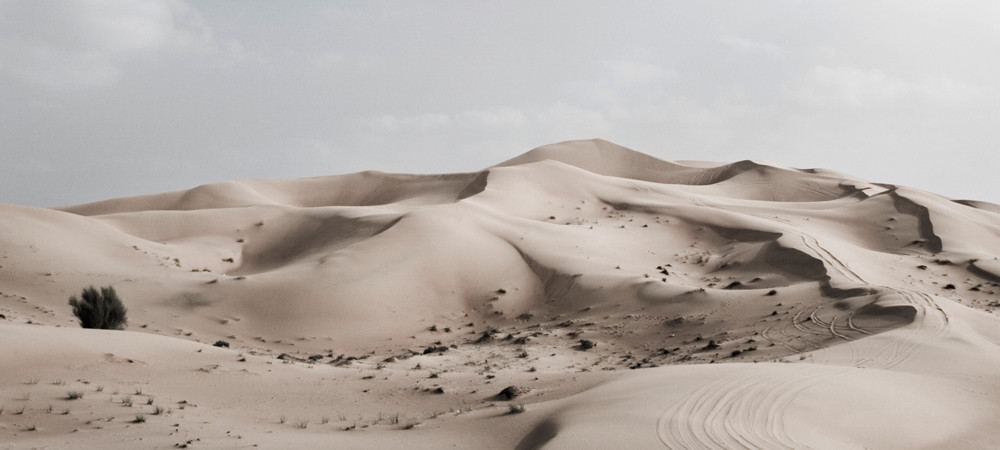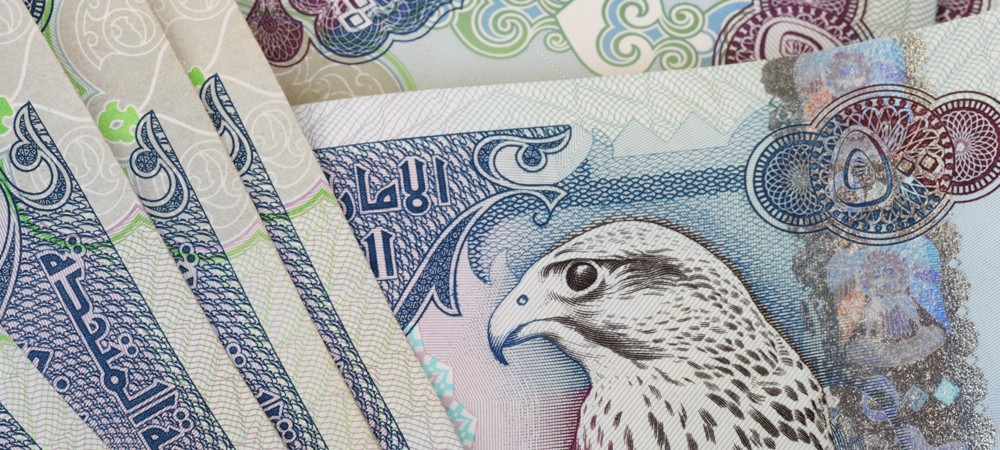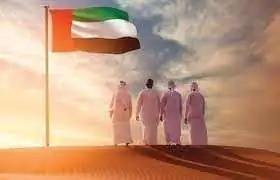The Barakah nuclear energy station in the Abu Dhabi emirate is the primary nuclear energy plant in the Arab world and a piece of the oil-delivering state’s endeavors to differentiate its energy blend. The primary unit of the plant began business activities in April.
About the Barakah Nuclear Power Plant
The UAE has left upon a nuclear power program in close counsel with the International nuclear energy Agency, and with tremendous public help. It acknowledged a $20 billion bid from a South Korean consortium to assemble four business nuclear power reactors, a sum of 5.6 GWe, by 2020 at Barakah. Unit 1 of the country’s first nuclear energy station was associated with the network in August 2020.
When finished Barakah, which is being worked by Korea Electric Power Corp (KEPCO), will have four reactors with 5,600 megawatts (MW) of absolute limit – identical to around 25% of the UAE’s pinnacle interest.
The exhibition information reliably shows positive outcomes. In the UAE, the Federal Authority for Nuclear Regulation (FANR) plays a fundamental, and altogether free job in guaranteeing that the Barakah Nuclear Energy Plant is protected, secure, and solid through hearty guidelines and oversight.
When each of the four units at Barakah is functional, they will deliver 5.6 GW of power, getting together to 25% of the nation’s power needs. The UAE overall intends to produce half of its energy blend from spotless and sustainable power, including nuclear power, by 2050 and is embracing different activities to arrive at its objective.
The UAE’s Federal Authority for Nuclear Regulation (FANR) is the autonomous administrative body liable for oversight of nuclear wellbeing, security, radiation assurance, and protections, and requirement of worldwide arrangements went into by the UAE.
Barakah Nuclear Energy
In 2019, the principal UAE nationals accepted their certificates as SROs and ROs from FANR, denoting a significant achievement for the UAE Peaceful Nuclear Energy Program. The SROs and ROs partook in a three-year preparing program created by ENEC and Nawah consolidating active experience from a portion of the business’ driving nuclear power specialists with a discipline-centered educational plan. They likewise prepared at working nuclear offices in the Republic of Korea, the USA, and South Africa.
H.E. Al Hammadi added: “It is a pleasure to welcome DG Grossi to the UAE and to the Barakah Plant to witness the remarkable progress that has been made here. With the support of the IAEA, the UAE became the first country in the Arab world with a multi-unit operating nuclear plant and is today leading the largest decarbonization effort in the region. The close cooperation with the IAEA contributed significantly to establishing the UAE Program as a role model for other new nuclear energy projects globally. The Barakah plant is powering a clean and sustainable future for the UAE by generating abundant clean electricity around the clock to fulfill growing demand while in parallel tackling climate change. We look forward to many more years of cooperation with the IAEA and wider international nuclear energy community.”
01

Electricity provision to the UAE
The Barakah Nuclear Energy Plant will deliver safe, clean, and reliable electricity to the UAE grid, commencing in 2020.
02

Economic growth for the Country
The development of the nuclear energy industry in the UAE will support the Country’s future economic growth and diversification.
03

Building a platform for recruitment
The youth of the nation, particularly UAE Nationals, have a unique opportunity to become involved in one of the country’s most exciting industries.
DG Grossi met with Emirati engineers, reactor operators, and other young talent working at the Barakah Plant. With more than 1,100 employees under the age of 35 and more than 500 Emiratis having graduated through the Energy Pioneers training program, ENEC is committed to the development of nuclear energy professionals and clean energy leaders for the UAE. ENEC’s Emirati-led nuclear operations teams are fully-equipped with the skills and expertise to support one of the newest nuclear energy programs in the world and achieve international and local sustainability goals.
“It was very impressive to visit Barakah and see first-hand all that the UAE has achieved over the past decade in becoming the first Arab country to build and operate a nuclear power plant. The world needs nuclear power – and more of it – as an indispensable part of the solution to the climate crisis. Nuclear is a low-carbon energy source that can also provide round-the-clock baseload power in all types of weather to complement wind and solar. The UAE is one of the 32 countries that currently operate a total of 442 nuclear power reactors around the world, producing about 10 percent of global electricity and more than a quarter of all low-carbon electricity. As countries step up efforts to decarbonize their economies, interest in nuclear power is growing,” DG Grossi said.
About the ENEC (Emirates Nuclear Plant Cooperation)
ENEC is progressing smoothly towards supplying a quarter of the UAE’s electricity needs completely carbon-free. When fully operational, the four Units of the Barakah Plant will prevent 21 million tons of carbon emissions every year for more than 60 years. The UAE Peaceful Nuclear Energy Program is playing a leading role in helping the country achieve the goals of its Net Zero 2050. By 2025, the Barakah Plant is forecast to be the largest contributor to cutting Abu Dhabi Emirate’s carbon emissions by 50 percent, demonstrating the significant abilities of nuclear energy in producing baseload clean electricity.
The Barakah plant is powering thousands of businesses and households with abundant, clean electricity from Unit 1, the largest single electricity generator in the Arab World. When fully operational, the plant will produce 5.6 gigawatts of free carbon electricity for the next six decades.
Beginning around 2009, ENEC has been preparing a unique gathering of Emirati nationals to turn into the principal qualified Reactor Operators (ROs) and Senior Reactor Operators (SROs) in the UAE. Through the Energy Pioneers instructive drive and program, ENEC draws in the country’s most gifted science understudies, designing alumni and experienced experts for vocations in the nuclear power industry.
Uranium is a normally happening, mildly radioactive
component that fills numerous nuclear power stations.
Uranium-235 is an isotope, or structure, of the component
that can go through parting, the most common way of parting an atom. This makes it an optimal fuel for nuclear reactors. Very much like oil and coal, the material for nuclear fuel, called uranium metal, comes from underground. It is found in mines in almost 20 nations around the world. After it is mined, uranium mineral goes through a few cycles. This incorporates isolating it from
different substances, transforming it into a material that is
usable for nuclear fuel, and assembling fuel
pellets.
The fuel pellets are about the size and state of a
pencil eraser or a grown-up fingernail. They are stacked
into metal cylinders. These cylinders, called fuel poles, are
around four meters in length. When packaged together, the poles make a fuel gathering. A nuclear reactor can utilize in excess of 200 fuel gatherings all at once, contingent upon the plan. The APR-1400, the reactor configuration utilized at Barakah, works utilizing 241 fuel gatherings. Each fuel gathering weighs around 650 kg.
The Emirates Nuclear Energy Corporation (ENEC) today declared changes to its Board of Directors with two new individuals joining. The new individuals will serve on a Board that administers ENEC and addresses the interests of the larger part Joint Venture accomplice ENEC across its auxiliaries Nawah Energy Company (Nawah), ENEC’s tasks and upkeep auxiliary, just as the Barakah One Company, an association commanded to deal with the business interests of the Barakah Nuclear Energy Plant.
The two new individuals are His Excellency (H.E.) Mohamed Al Hammadi, Managing Director and Chief Executive Officer of ENEC, and H.E. Masood M. Sharif Mahmood, CEO of Etisalat UAE activities.
Mr. Grossi saw the significant headway that has been made at the Barakah Plant, which is currently creating clean power and quickly decarbonizing the Nation’s power area with Unit 1 economically functional. Grossi likewise visited Unit 2 of the Plant, which was associated with the UAE grid in August and as of late accomplished 50% power interestingly as a feature of the power rising testing before the business activity of the Unit.
SROs and ROs require specific preparation and should acquire affirmation from the Federal Authority for Nuclear Regulation before they can work the reactors at Barakah. All staff able to work a reactor are representatives of Nawah, ENEC’s auxiliary responsible for the activity and upkeep of the Barakah Nuclear Energy Plant.
Plus UAE is the leader in providing “comprehensive contracts” service, which includes the outsourcing of the “Public Relations Officer” service. This comprehensive contract service is characterized by providing consultations and practical solutions to overcome obstacles and facilitate formalities round the clock.
Plus UAE offers its professional services in tracking and clearing documents in over fifty (50) Federal and local Governmental Ministries, Departments, and Agencies, in addition to other quasi-governmental institutions in the Emirate of Abu Dhabi. We take pride in our team who enjoys extensive experience and relations, which ensures prompt processing and saves money, time, and effort. https://plusuae.com/best-document-clearance-services-abu-dhabi/
Read More about Barakah Nuclear Plant here